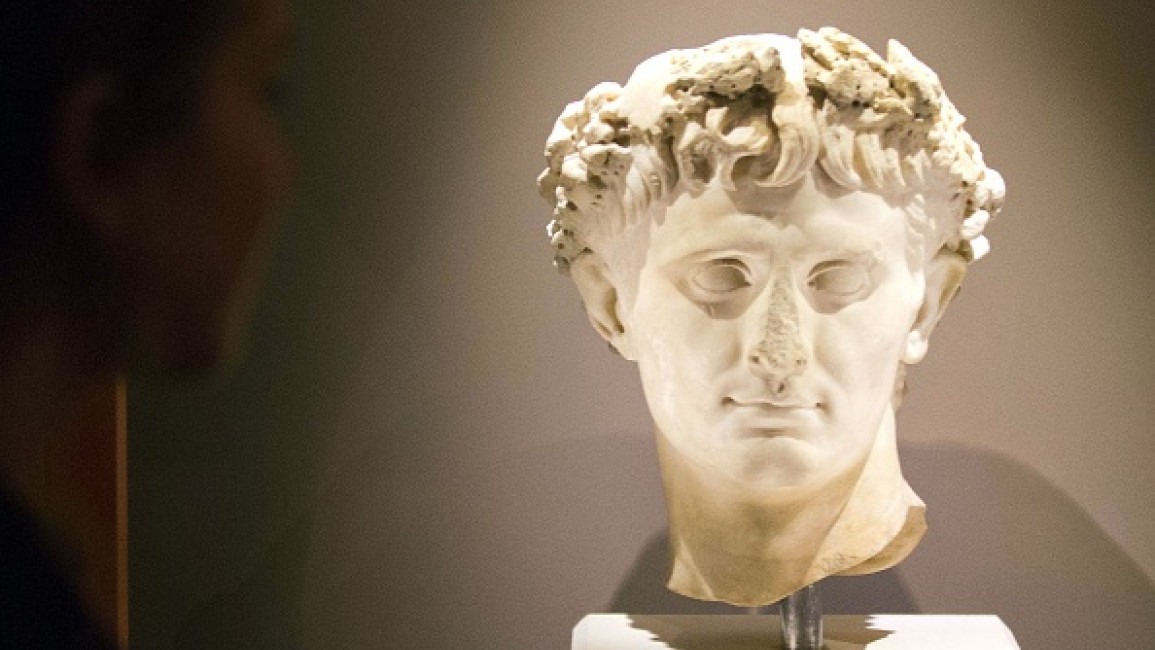US tourist destroys 'blasphemous' Roman statues at Israeli museum
An American tourist was arrested on Thursday by Israeli security officers for destroying ancient Roman statues which were on display at the Israel Museum in Jerusalem.
The Jewish tourist, aged 40, was suspected by police of intentionally destroying the historic statues, which he claimed were "in violation of the Torah".
The statues depicted the Roman goddess Athena and the mythical Griffin creature, which is associated with pagan ideas of divinity.
The tourist said the statues were "blasphemous" as he severed the head of the Athena statue while the Griffin statue was broken into several pieces.
Israel Museum released footage of the two artefacts destroyed in the rampage including "ancient Roman statues dating to the 2nd century CE".
Both statues were part of the Israel Museum's permanent exhibition. After the attack, they were relocated to a conservation lab for professional restoration.
The 40-year-old US citizen was arrested at the scene and underwent questioning by Israeli authorities. His identity was not disclosed.
The Times of Israel reported that Nick Kaufman, the detained man's attorney, said that the man displayed signs of "Jerusalem syndrome", a purported condition which supposedly induces delusions or psychosis that are religiously related and are allegedly triggered by a visit to Jerusalem.
Eli Escusido, head of the Israel Antiquities Authority, said: "One statue is a marble depiction of the goddess Athena that was found in excavations at Beit She'an in the 1960s. The second was of the mythological creature Griffin, who was the symbol of divinity in the Roman pagan era and found in the Negev.”
"This is a shocking case of destruction of cultural heritage. We view with great concern the fact that religious extremists take such action," he said.



